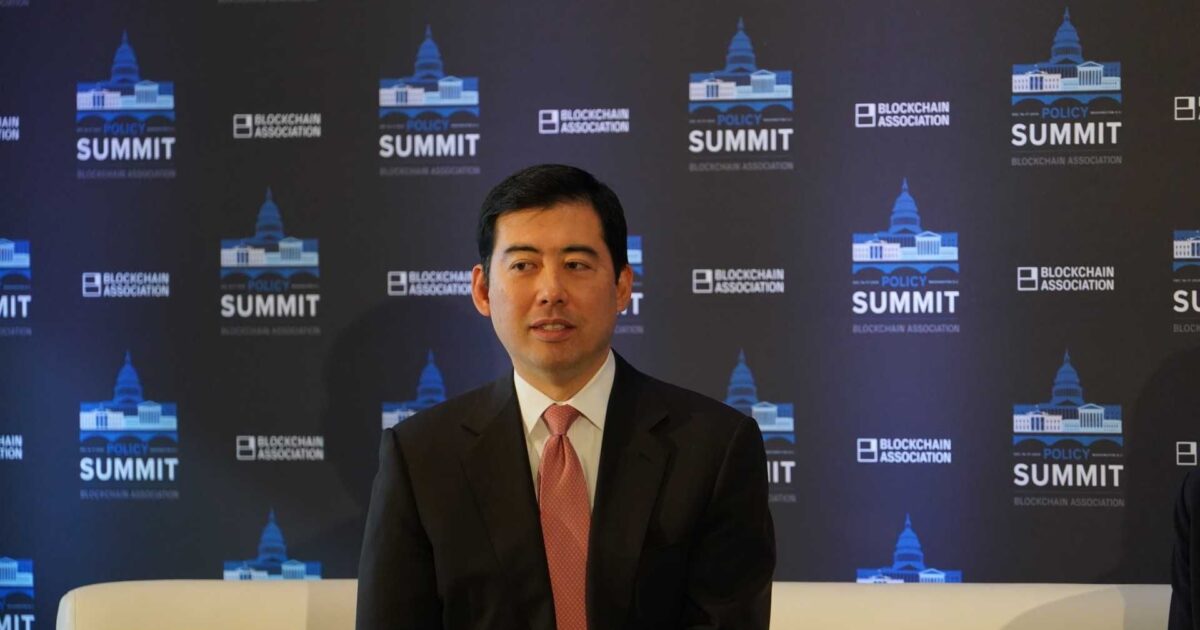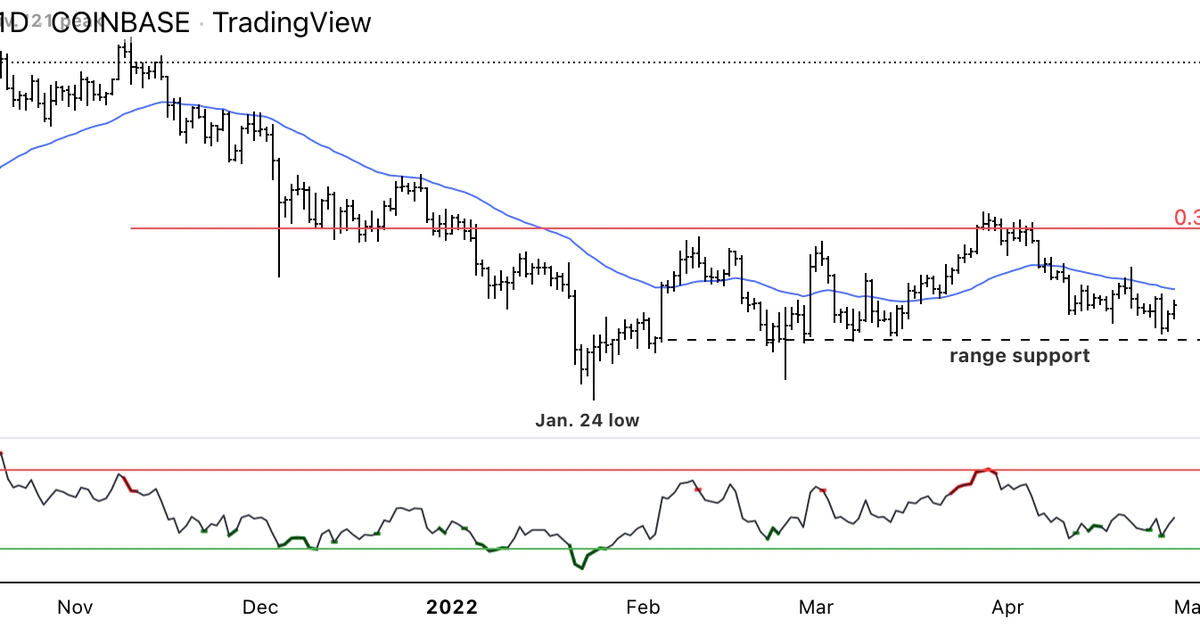The U.S. Securities and Exchange Commission’s (SEC) Acting Chairman Mark Uyeda unveiled a list of the agency’s newly-appointed executive staff on Tuesday, including three members of the Crypto Task Force.
Two of the task force’s appointees come from within the SEC’s ranks. Richard Gabbert, who formerly served as a counsel to crypto-friendly task force head Commissioner Hester Pierce will be its chief of staff, as well as a senior advisor to Uyeda. Taylor Asher, who was previously a senior policy advisor to Uyeda, will be the task force’s chief policy advisor.
The other named appointee – Landon Zinda, who will be counsel to Uyeda and a senior advisor for the task force – previously served as policy director for crypto think tank Coin Center. Prior to his work for Coin Center, Zinda worked for two crypto-friendly congressmen, Sen. Pat Toomey (R-Pa.) and Rep. Tom Emmer (R-Minn.).
The SEC announced the formation of the new Crypto Task Force last month, just one day after former Chairman Gary Gensler stepped down. The task force will be focused on “developing a comprehensive and clear regulatory framework for crypto assets,” and will work closely with both Congress and the crypto industry, as well as sister regulatory agency the Commodity Futures Trading Commission (CFTC), according to the press release announcing its formation
The formation of the Crypto Task Force comes as the agency overhauls its approach to crypto regulation, moving away from the practice of so-called regulation by enforcement that became standard practice under former Chairman Gensler.
“To date, the SEC has relied primarily on enforcement actions to regulate crypto retroactively and reactively, often adopting novel and untested legal interpretations along the way,” the SEC said in a press statement. “Clarity regarding who must register, and practical solutions for those seeking to register, have been elusive. The result has been confusion about what is legal, which creates an environment hostile to innovation and conducive to fraud. The SEC can do better.”




